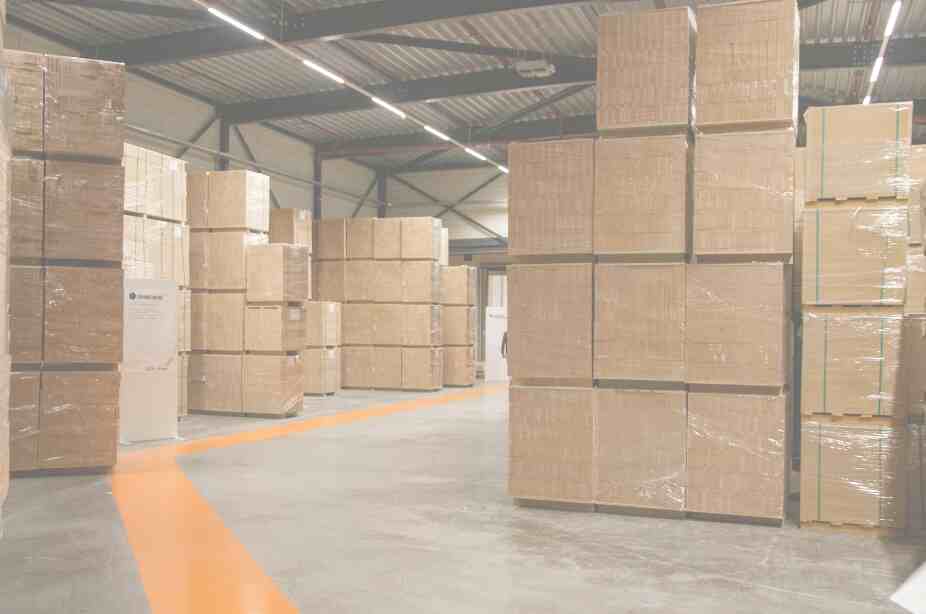
support@ledgermax.pk

+92 21 34559515-6

Small businesses have always been the backbone of Pakistan's economy. Accounting for over 90% of all businesses and contributing significantly to employment, small and medium-sized enterprises (SMEs) play a crucial role in driving economic growth. As we look towards the future, the landscape for small businesses in Pakistan is evolving rapidly, driven by technology, demographic changes, and shifting global trends. So, what lies ahead for small businesses in Pakistan? Let’s dive into the key factors shaping the future of SMEs in the country.
One of the most significant trends influencing the future of small businesses in Pakistan is the rapid growth of digital platforms and e-commerce. With internet penetration increasing, especially among the youth, small businesses now have access to a larger, more diverse customer base. Platforms like Daraz, Facebook, and Instagram are already proving to be game-changers, providing small businesses with cost-effective marketing tools and direct access to consumers. According to the Pakistan Telecommunication Authority (PTA), internet penetration in Pakistan has surged, and the number of mobile internet users continues to rise. This trend is expected to continue as mobile phones become even more affordable, providing businesses of all sizes with opportunities to reach customers not just in urban areas but also in rural regions.
E-commerce in Pakistan is projected to grow significantly in the coming years. According to a report by the Pakistan Business Council, the e-commerce sector’s size could reach USD 7 billion by 2025. This shift to online platforms will help small businesses scale quickly, reduce operational costs, and expand their reach beyond their local markets. However, challenges such as digital literacy, cybersecurity, and logistical infrastructure still need to be addressed. Small businesses will need to adapt to new technologies and tools to stay competitive in the digital age.
Access to finance remains one of the most significant barriers to growth for small businesses in Pakistan. Traditional financing options such as bank loans are often out of reach for small business owners due to high-interest rates, strict collateral requirements, and limited financial literacy. However, there is a positive shift occurring in the financial sector. Fintech companies are gradually filling the gap by offering alternative financing solutions. Peer-to-peer lending, crowdfunding, and digital lending platforms are on the rise, making it easier for small businesses to secure capital. For instance, platforms like Finbox and CreditFix are providing small businesses with easier access to credit. Similarly, microfinance banks such as UMicrofinance Bank and FINCA are helping small business owners in rural areas access small loans for business growth.
Additionally, the government and private sector have launched several initiatives to support SMEs. The Prime Minister’s Kamyab Jawan Program and other financing schemes have made it easier for young entrepreneurs to access funds. If these programs are effectively implemented, they could significantly contribute to the growth of small businesses across the country. However, small businesses will still need to focus on improving their financial literacy, as many entrepreneurs remain unaware of the financing options available to them. The future of small businesses will depend heavily on their ability to manage finances effectively and make the most of available resources.
Pakistan’s population is one of the youngest in the world, with over 60% of the population under the age of 30. This demographic shift presents both challenges and opportunities for small businesses in Pakistan. The youth in Pakistan is becoming more entrepreneurial, with many young people opting to start their own businesses rather than seek traditional employment. The growing trend of youth entrepreneurship is expected to continue in the coming years, driven by factors such as increased access to education, the rise of tech-savvy young professionals, and a more supportive ecosystem for startups. Government-backed initiatives like the Kamyab Jawan Program and digital skills training programs are helping equip young entrepreneurs with the tools and resources they need to succeed.
Small businesses in Pakistan will need to recognize this emerging talent pool and adapt their business models to cater to the preferences of the younger generation. This includes embracing digital tools, offering innovative products and services, and creating businesses that align with the values and interests of young people, such as sustainability, technology, and social impact.
The concept of sustainability is becoming increasingly important for businesses worldwide, and Pakistan is no exception. Climate change, environmental degradation, and resource depletion are pressing issues that are now top of mind for many consumers. As awareness of these issues grows, small businesses in Pakistan will need to adapt their business practices to align with sustainability trends. Green businesses, or those focused on environmentally friendly products and services, are likely to see growth in the coming years. This includes eco-friendly packaging, renewable energy solutions, sustainable agriculture, and waste reduction services. Pakistan’s rapidly expanding middle class is also becoming more conscious of their environmental footprint, which presents an opportunity for small businesses to cater to this growing demand for sustainable solutions.
Moreover, government policies aimed at reducing pollution and encouraging sustainable business practices will likely spur growth in the green sector. In addition, organizations like the Pakistan Sustainable Development Forum (PSDF) are working to promote green business models, offering resources and support for eco-conscious entrepreneurs.
Technology will play a pivotal role in shaping the future of small businesses in Pakistan. The ongoing digital transformation presents numerous opportunities for small businesses to improve operational efficiency, reduce costs, and enhance customer experiences. Automation, artificial intelligence (AI), and machine learning can help small businesses optimize processes such as inventory management, customer service, and data analytics. For example, businesses can leverage AI-powered tools to automate customer support, track inventory in real-time, and personalize marketing campaigns. These technologies, once reserved for large corporations, are now becoming more accessible to SMEs. As a result, small businesses that embrace automation will have a competitive edge in the future.
Moreover, small businesses will also benefit from adopting cloud-based tools for accounting, project management, and collaboration, making it easier to scale operations and manage teams remotely. The ongoing digital revolution will make it easier for small businesses to compete on a global scale, offering new avenues for growth.
As the business landscape evolves, collaboration and networking will become increasingly important for small businesses in Pakistan. In a globalized world, SMEs can no longer afford to operate in isolation. Business owners will need to collaborate with other businesses, suppliers, and even competitors to unlock new opportunities and expand their reach. Organizations like the Small and Medium Enterprises Development Authority (SMEDA) are already working to create a more conducive environment for collaboration and networking. Additionally, business incubators, accelerators, and co-working spaces are playing a crucial role in helping entrepreneurs connect, share ideas, and collaborate on projects.
Thus, the future of small businesses in Pakistan is full of potential and exciting opportunities. With the rise of digital platforms, access to alternative finance options, a young and entrepreneurial workforce, an increasing focus on sustainability, and the continued integration of technology, small businesses are poised to become key drivers of Pakistan’s economic growth. However, small business owners will need to stay adaptable and invest in technology, innovation, and skills development to capitalize on these trends. By doing so, they can not only thrive in a changing market but also contribute to the growth of a more sustainable and competitive economy. The road ahead may be challenging, but with the right mindset and resources, the future of small business in Pakistan looks incredibly bright.
LEDGERMAX BLOG
.jpg)

